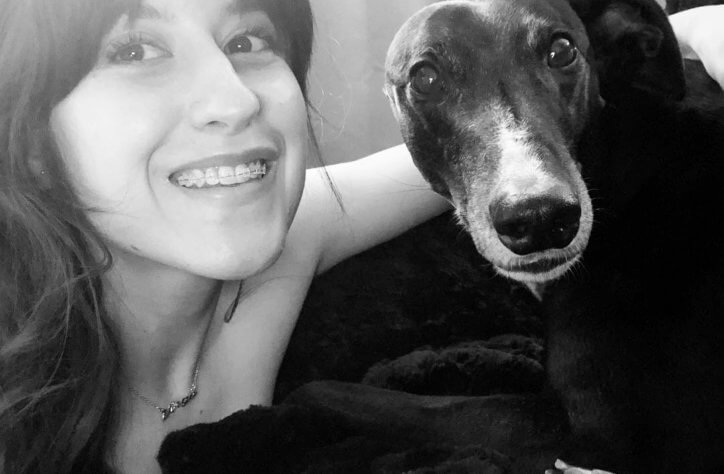The thought of studying can be pretty stress-inducing. We often like to push it to the back of our minds and forget about it, but this makes the situation worse and we end up spiralling into a pit of procrastination. The last thing any student wants is to have to complete an assignment the night before it’s due (yes, we’ve all been there and no it wasn’t fun). With these helpful study tips, you can put that pesky procrastination behind you and actually start to enjoy studying.
Setting Goals to Make it Worth Your While:
Let’s face it, at some point in our lives we all have to study at least one subject we don’t enjoy. This doesn’t exactly inspire a study session, even though we know it’s super important to get work done. One way to combat this is to see the bigger picture. Think inspiration boards, career aspirations, or even your ideal grade. Doing this can help you understand that even if the subject you dislike has nothing to do with your career goal, it’s probably still an important part of your journey to get there. After all, even your favourite celebrity probably had to get a GCSE in math.
Planning your Time:
Studying shouldn’t mean forfeiting your social life, but rather working around it. Making a timetable is a super easy way to map out time spent studying and socialising (don’t forget that the two can also go hand in hand- invite your friends over and study together). Grab a pen and some paper and draw out a calendar for the week with one hour, or half hour slots. Start at nine AM and end at around six PM- this will give you plenty of time for study and leaves you with the night-time to go out with your friends (or sit in your room binge-watching Netflix, because catching up on the latest episodes of ‘Black Mirror’ definitely counts as self-care).
Avoiding Burn-Out:
When making a study timetable it’s important to incorporate breaks. Without taking breaks during study your brain won’t retain half as much information, so breaks will actually help you in the long run. Just don’t take too many- and don’t get distracted by your phone (turn it off or keep it away from your study area). A ten to fifteen-minute break every hour is the best to make sure you don’t work yourself too hard. And don’t forget to drink! Keep a water bottle on your desk and take regular sips to stay hydrated and give your brain the fuel it needs to work hard.
The Ideal Study Method:
There are a lot of easy study methods that you can use, but their effectiveness varies from person to person. The best thing to do is try a few to find out which one works best for you. Here are some of the study methods that you can try:
- Revision Cards
- Mind-maps
- Past exam papers
- The ‘look-cover-write-check’ method
- Answering questions out-loud with a partner
Don’t be afraid to get colourful with your studying- grab some multi-coloured pens and draw images to go alongside definitions, or colour code different sections. Colourful notes will stick in your mind a lot easier than ones written with a biro, so get creative.
Creating a Study Space:
One of the most important factors to consider when studying is where you’re going to do it. Try revising somewhere with less noise and distractions, clear the space and lay out everything you need to study. Use a desk or a table at home, the library or even a café, (if it’s not too busy and loud) and spread out your stationery so that you won’t get distracted trying to find what you need. Grab a healthy snack (fruit, or trail mix) and keep it close so that you can nibble while you work- this will keep your brain engaged and keep you going until your next break.
*
Studying shouldn’t always be a boring, or stressful thing to do so try and have fun with it! If you enjoy being creative, add some colour to your work. If you love music, put some on in the background while you study. If your friends motivate you, invite them over and study together. There are always methods to make light of a tough situation so find it in yourself to use them, and remember, ‘when the going gets tough, the tough get going.’ You’ve got this!









